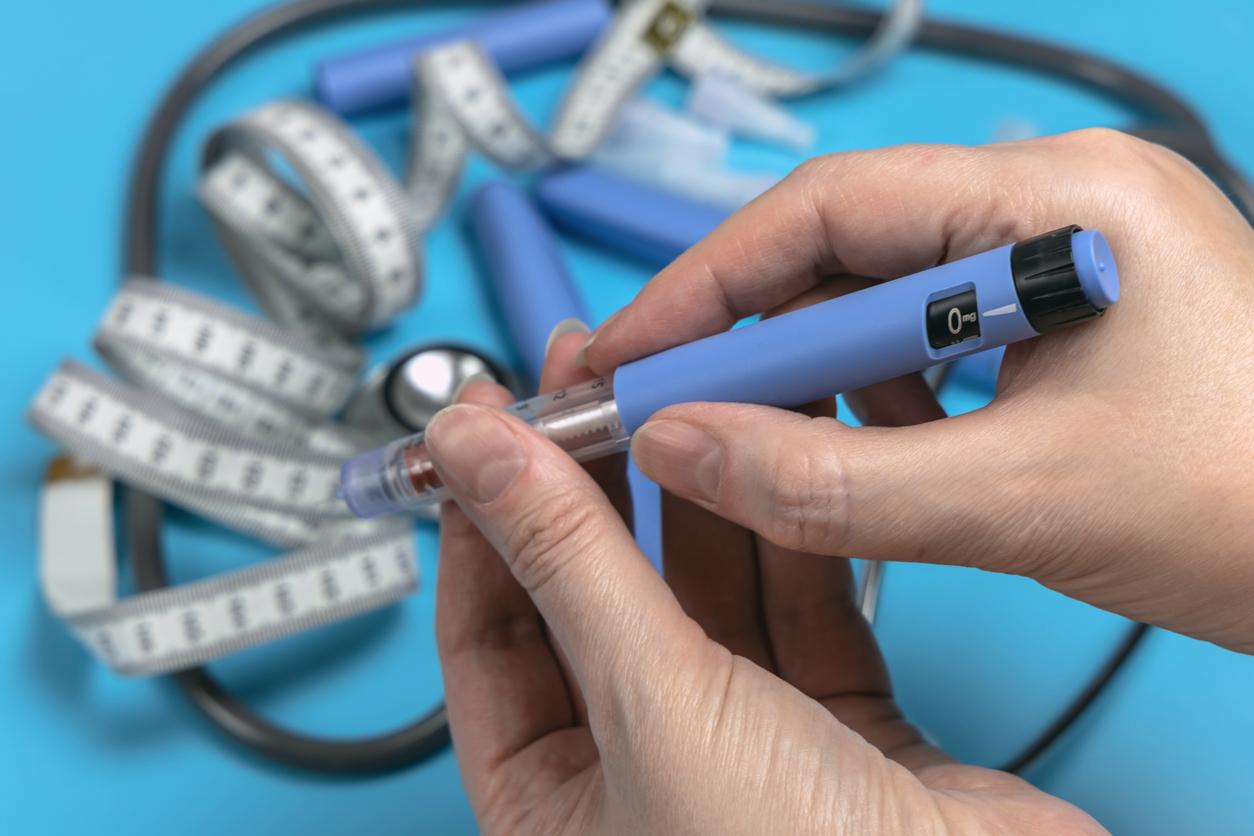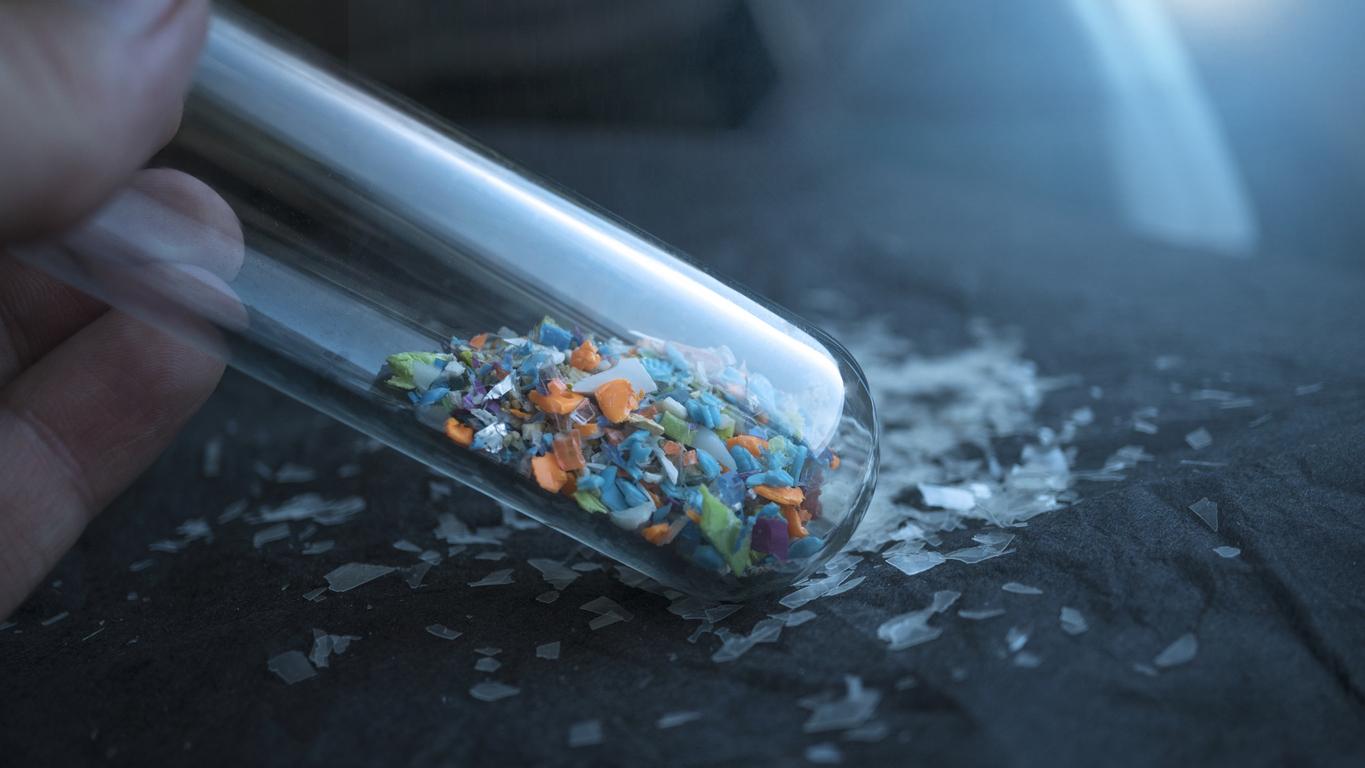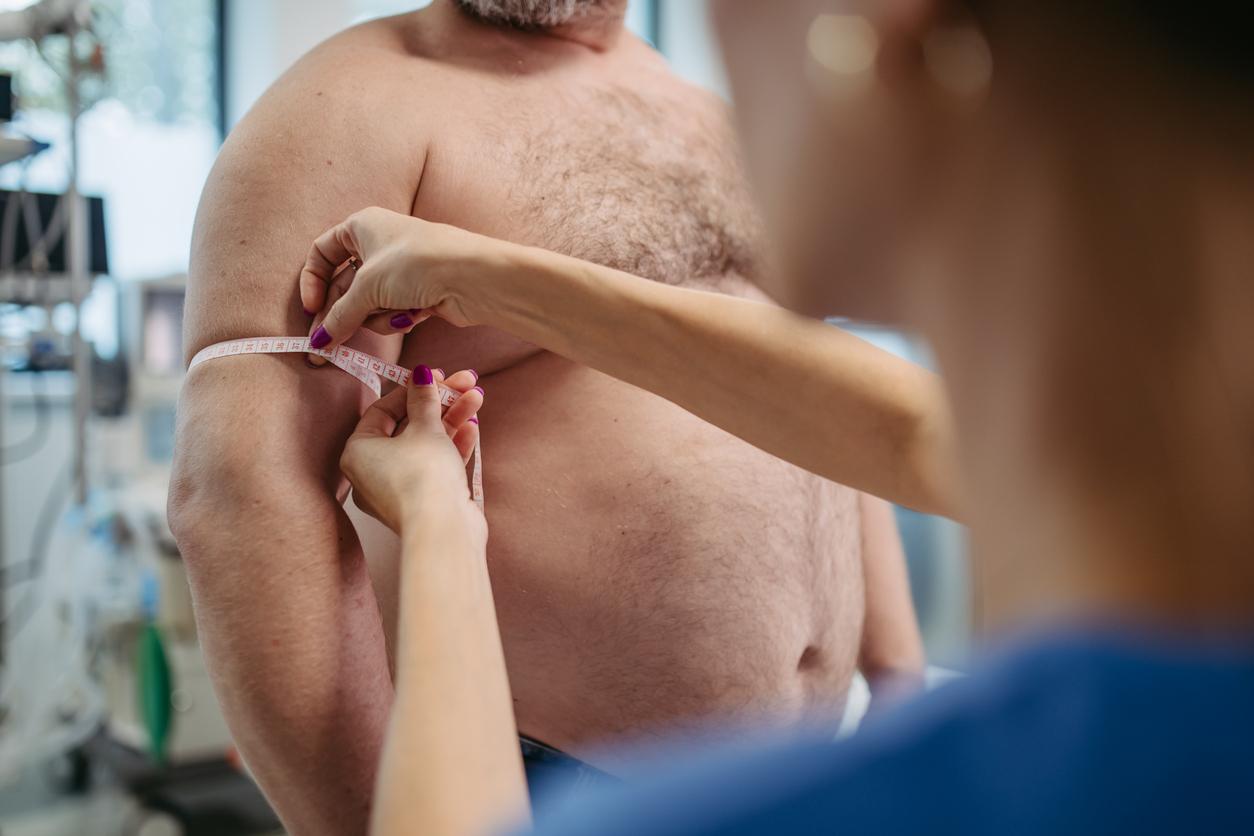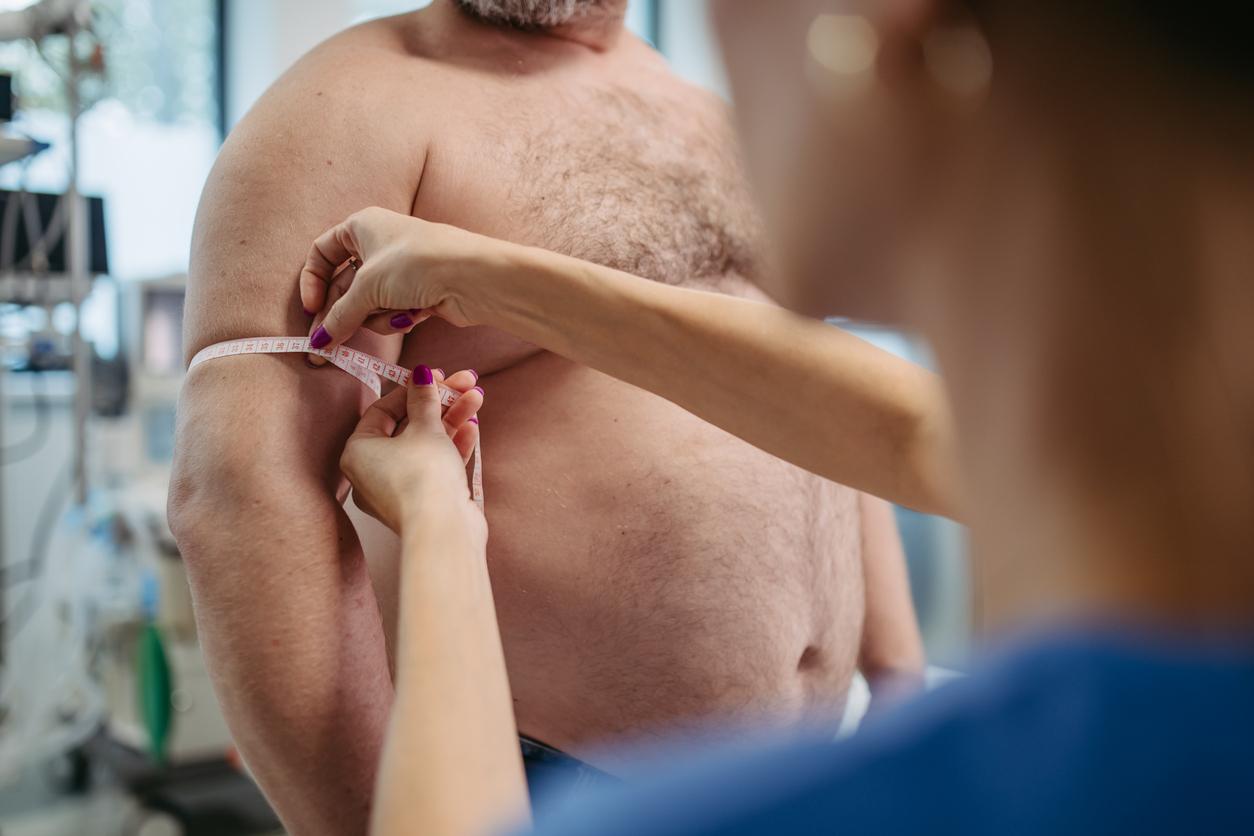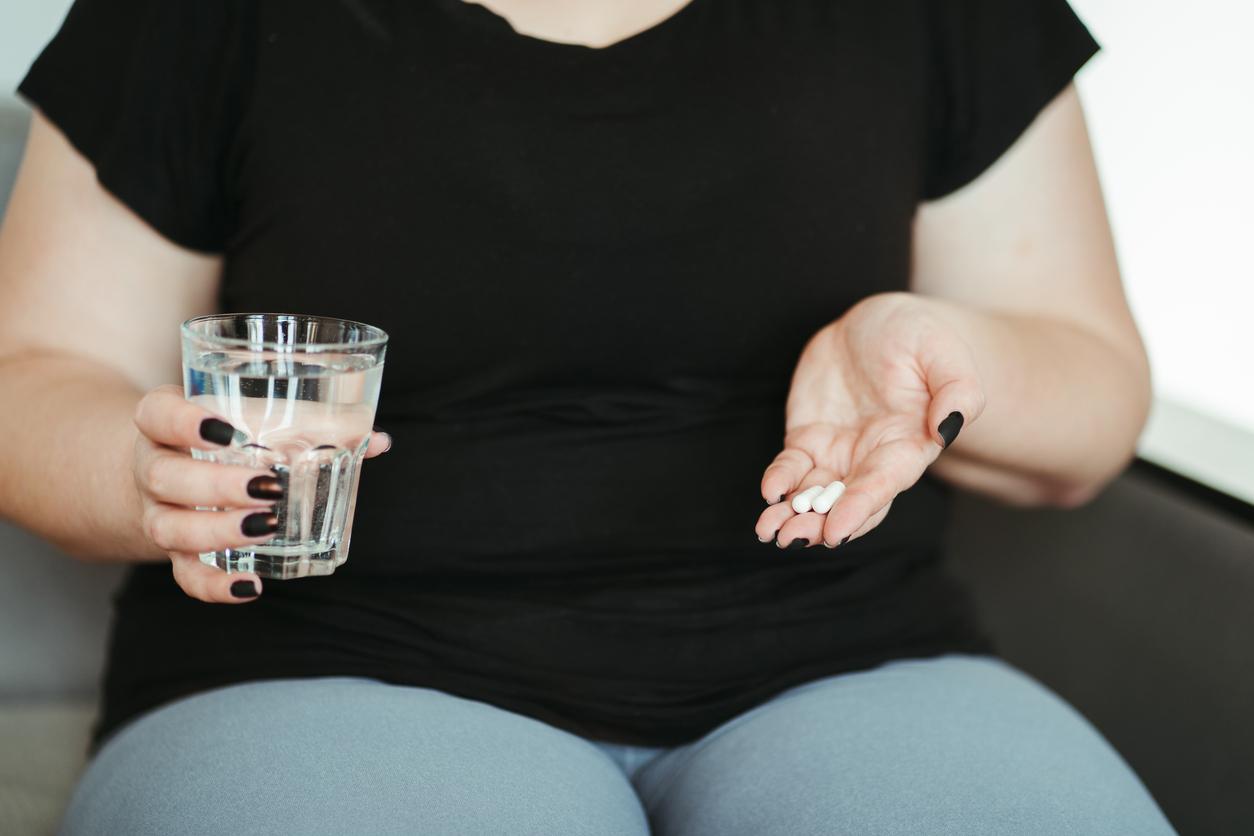People who are overweight or obese are less hydrated than people of normal weight. However, hydration seems to play a key role in weight loss.

Does the 11 a.m. munchies tickle your stomach? Succumb to a large glass of water. Staying well hydrated throughout the day would help maintain a healthy weight and even lose weight. Valuable advice for overweight or obese people. Now a study published in Annals of Family Medicine shows that individuals with a high body mass index (BMI) are the least hydrated.
Improving hydration is a strategy used by clinicians to prevent overeating and facilitate weight loss through diet. But “the link between hydration and weight is not clear,” explains Tammy Chang, professor in the department of family medicine at the University of Michighan (United States) and responsible for the work. Our work attempts to explain this relationship using an objective measure of hydration and a representative sample of the population. “
Professor Chang and his colleagues thus recruited nearly 10,000 adults aged 18 to 64 between 2009 and 2012, and collected urine samples. Analyzes reveal that more than a third of the volunteers were not sufficiently hydrated. In addition, the study shows that overweight or obese people – who are believed to have the greatest needs for water – are the most dehydrated.

Water ad libitum
The authors emphasize that their work does not allow saying that poor hydration leads to excess weight. On the other hand, they highlight the importance of this healthy gesture to maintain an ideal weight, or even to lose it. Indeed, a British study published last September showed that drinking just half a liter of water, 3 times a day, before each meal, could help eliminate extra pounds.
Prof. Tammy Chang points out that water needs can also be met by consuming water-rich foods like fruits or vegetables. And if the water bothers you, you can always turn to herbal teas, tea or coffee, as long as you don’t add too much sugar. On the other hand, fruit juices or flavored waters cannot replace water.
How does water regulate our appetite?
To better understand the emergence of the feeling of satiety, Dutch researchers conducted an atypical study: studying the brain and stomach simultaneously by magnetic resonance imaging (MRI) during a meal. They then discovered that the amount of water consumed can alter the messages sent to the brain by the stomach.
This work, presented at the annual congress of the society for the study of eating behaviors in Porto (Portugal), was carried out with 19 people in 2 sessions, during which they drank 50 mL of water or 350 mL, i.e. the equivalent. a can of soda.
The MRI images show that by doubling the stomach contents with the full glass of water, the areas of the brain loaded with satiety are much more active. Result: participants are less hungry and feel their stomachs fuller with 350 mL of water than with 50 mL.
Thus, this work suggests that accompanying meals with large glasses of water could reduce portions while having the feeling of having a full stomach.
.









